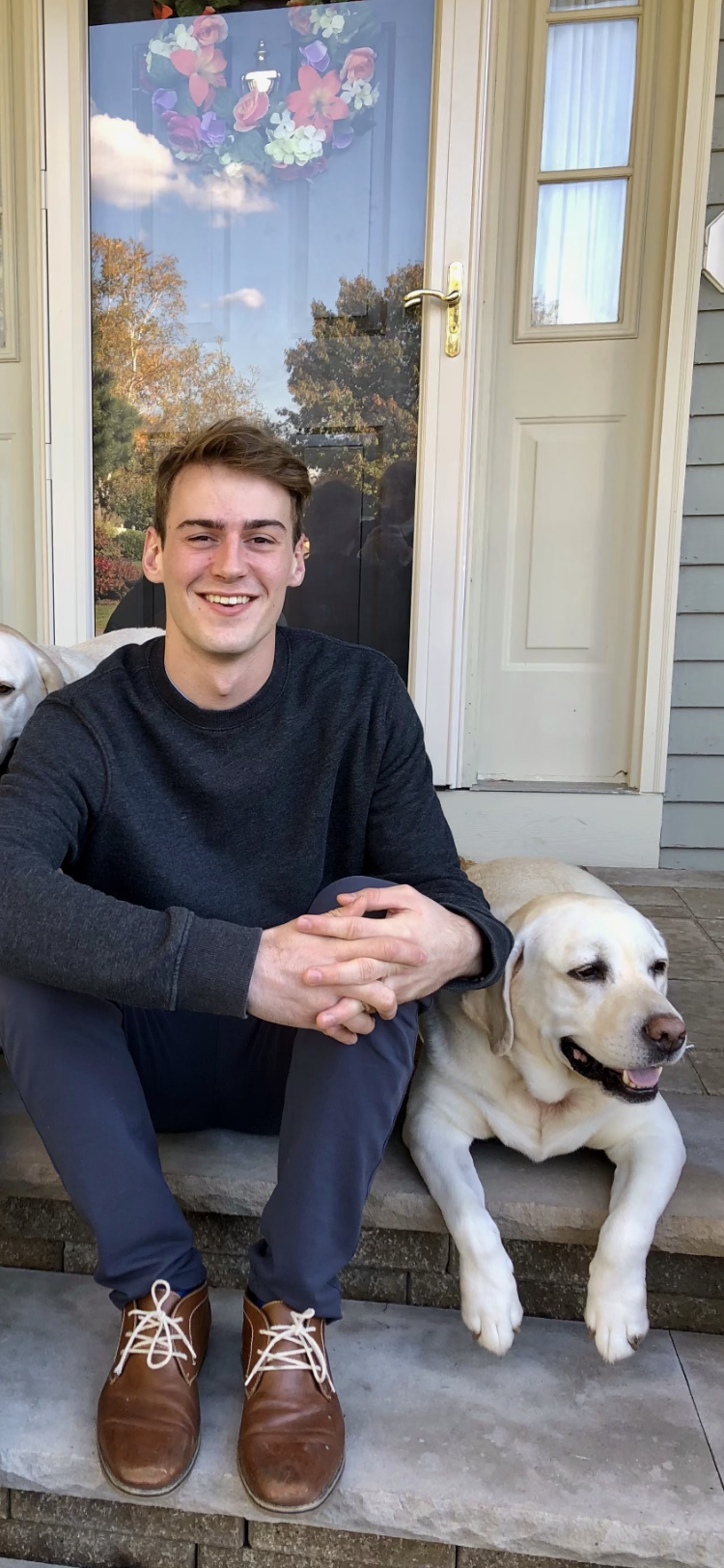
“People are hungry for more,” says Ryan Ondocin, peering over his computer. “And people will respond to this.” On his screen lies the beta design for Satellite, a unique social media platform that allows users to connect like never before.
Unlike most social media platforms, such as Instagram or Facebook, whose models are based on keeping users on the apps for prolonged periods of time by leveraging follower counts and addicting content, Satellite offers a different approach.
“We maximize quality of user engagement, not quantity,” Ryan says.
Satellite encourages users to create smaller circles of friends with which they can share weekly updates with writing and photos, similar to a newsletter. This limit forces people to engage in reflective introspection rather than blindly posting meaningless updates, thus allowing users to maintain their relationships in a more genuine way.
“We spend hours of screen time on social media each week. What if we can use that time in the most productive way possible?”
He emphasizes that Satellite also differs from apps like GroupMe, where conversations are moved by day-to-day news like sports, sometimes leaving disinterested members detached and out of the loop. He says that whereas group messaging functions like an open mic, Satellite will act as an emcee by passing the mic from person to person.
“Satellite harnesses the power of oration – friends are great storytellers.” And it is stories that build meaningful interactions.
He explains that at their most fundamental level, humans crave connection. Yet it seems that current social media only breeds division, between the rapid spread of misinformation and the lack of regulation of people’s data and privacy.
“I don’t care if you have 50,000 friends on Facebook. If you have 5 real friends, that’s what matters,” Ryan notes.
Ryan is studying for a Master’s in Applied Data Science at Syracuse University’s School of Information Studies. Until now, Ryan had been mainly interested in applications of data science and machine learning to medicine. He had previously worked with PlantVillage, a research lab recognized by Google AI that helps farmers diagnose plant diseases. He also currently works with WiTech which is collaborating with the Department of Defense to model and implement early detection strategies for COVID-19 — a position that will soon place him in Maui.
Ryan’s tenacity and equanimity allow him to stick with a problem as he stumbles through the dark until uncovering a lightbulb moment — approaches he often employs in projects such as these.
He was introduced to Satellite by a friend of Nick Barba ‘20, the LaunchPad’s independent project manager and a long-time LaunchPad Global Fellow. Barba is the team co-founder. For the first six months, Ryan adopted a devil’s advocate approach to balance out Nick’s optimism and flesh out the kinks in his plan. This month, he led the team’s pitch at ‘Cuse Tank 2020, sponsored by the LaunchPad.
Over time, the project pushed him to reframe his perspective of social media, identifying all that is wrong and noticing his own susceptibility to the Pavlovian effect of social media. Now, he views this project as an opportunity to fine-tune his skills in a consulting or management position — something he hopes to pursue following graduation.
As Ryan reflects on the building of the Satellite team, he describes the importance of understanding team dynamics and bringing various entities together to achieve a goal. He also explains that a team can only build something worthwhile if the members are passionate about their projects.
“I want to be a competent leader,” he says. In doing so, Ryan stresses the importance of humility and brutal honesty with yourself. “If you don’t know the answer, you can’t be afraid to ask questions.”
This powerful dynamic makes their global team function like a well-oiled machine, even with interns spanning from the coast of California to the country of Ghana.
Ryan speaks to the empowerment of their team: “These interns are driving the rocket with us.”
In developing their product, the team needs to grapple with their growth and revenue model to avoid falling into the same pitfalls of hierarchy that other platforms have. Nevertheless, they are not concerned about competing with companies like Facebook.
“You measure success not by comparing yourself to others but to who you were yesterday.”
Hence, as they think to expand to subscription-based upgrades that offer classroom discussion boards or larger circles of friends, they ensure that they are keeping their original mission at the forefront of development.
“We are holding ourselves accountable. There is no discrepancy between our interests and our users’ interests.”
Looking forward, Ryan predicts that the world will enter a “design renaissance,” where social media platforms will have to revert their design to adhere to its original purpose as a tool, rather than an enabler that encourages people to create virtual facades.
“I want to create something much bigger than myself,” Ryan says. “The legacy I want to leave behind should be evident in what I document and create.”
He is uncertain what his future has in store for him, but he is confident in Satellite and in his own passion for whichever path he pursues.
“We’re fresh out of the water and nervous but young enough to make it happen.”
Visit Satellite’s website to sign up for the pre-release beta and read more about Ryan’s projects on his LinkedIn resume.
Story by Sasha Temerte ’23, LaunchPad Orange Ambassador; photo supplied